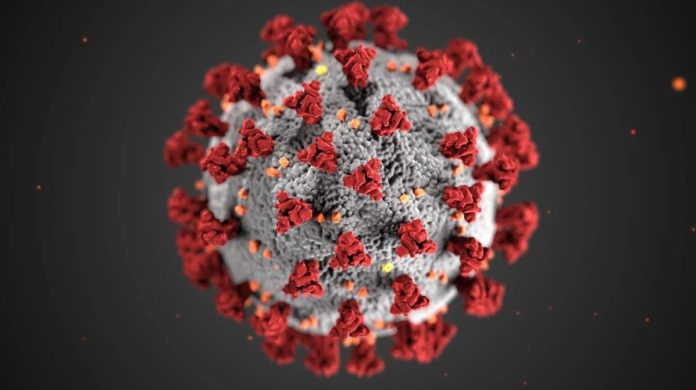Rare diseases affect approximately 5% of the population and represent a public health problem, the minister of Health, Alexandru Rafila, declared, adding that one of the priorities is the creation of a register of patients suffering from these conditions, according to Agerpres.
„Rare diseases affect about 5% of the population, they represent a public health problem. It is not only the problem related to testing, it is also the problem related to the therapeutic resource that must be accessible. Personalized medicine is exactly what it refers to – a diagnosis that can lead to a targeted treatment. Apart from this part of diagnosis and treatment, there is also the part that can be used in prevention, because genomics can lead to the creation of databases with people from families who are prone to certain genetic anomalies that can generate rare diseases or can generate cancer (…) First of all, we should start having registers of patients with various other pathologies,” said the minister of Health.
„We are working for several registries – for neurological diseases, for cardiovascular diseases,” the minister explained.
On Tuesday, minister Rafila participated in the event „Development of genomics and the impact in rare diseases”, organized by the Carol Davila University of Medicine and Pharmacy, in the context of the International Day of Rare Diseases.
The chairman of the Romanian National Alliance for Rare Diseases, Dorica Dan, said that the most important problem for patients with rare diseases remains diagnosis, because without a precise diagnosis, patients cannot have access to the treatment or therapy they need.
In her opinion, in Romania, a national genetic testing program is necessary.
Agerpres


